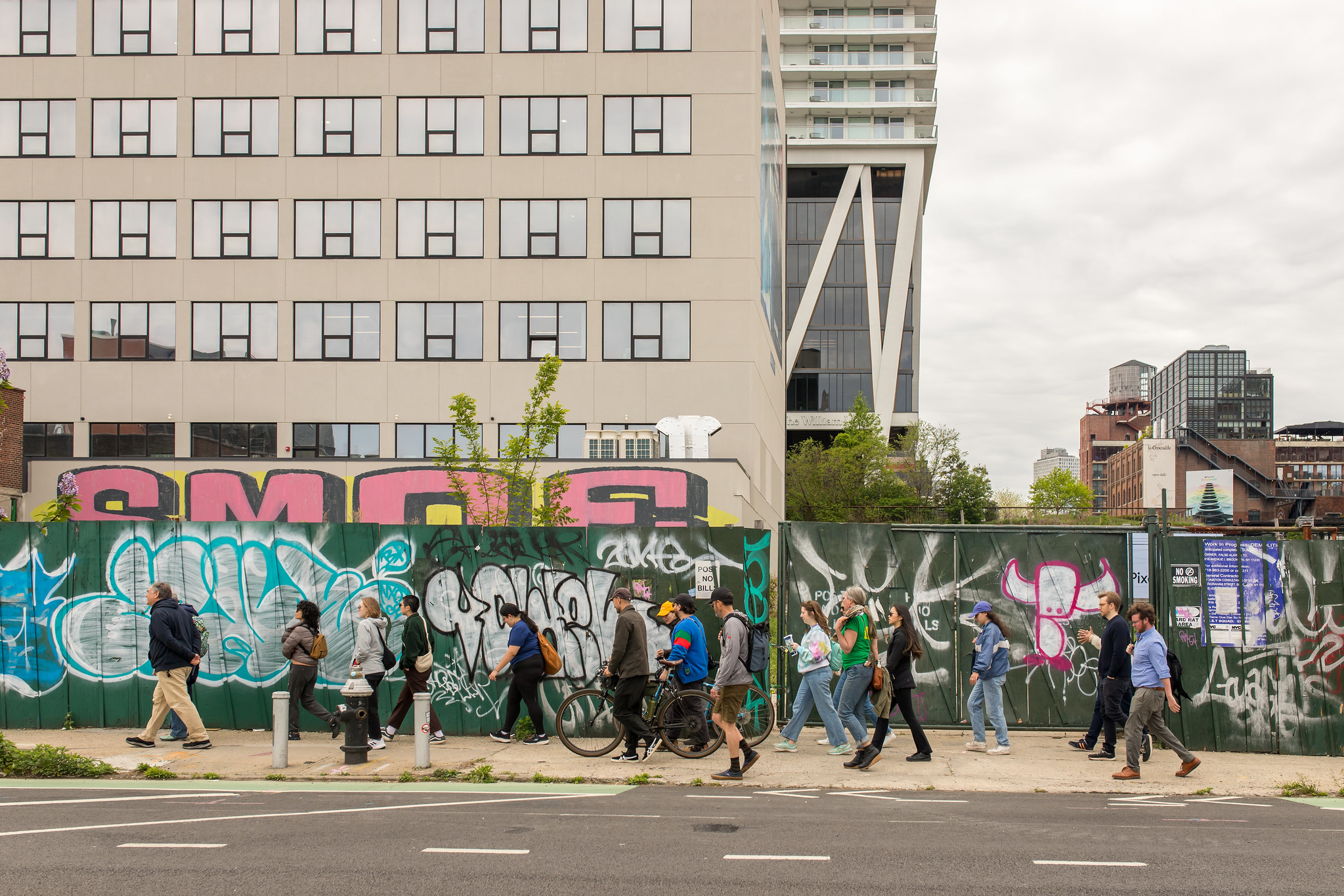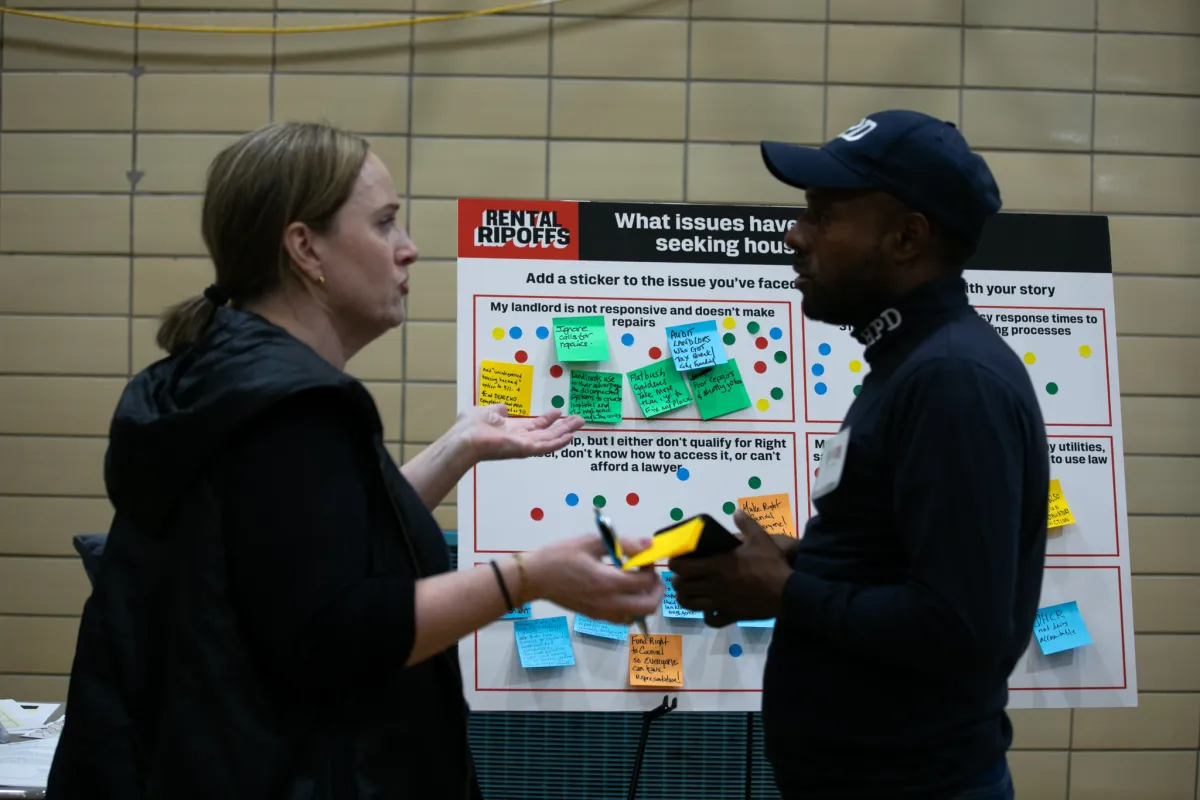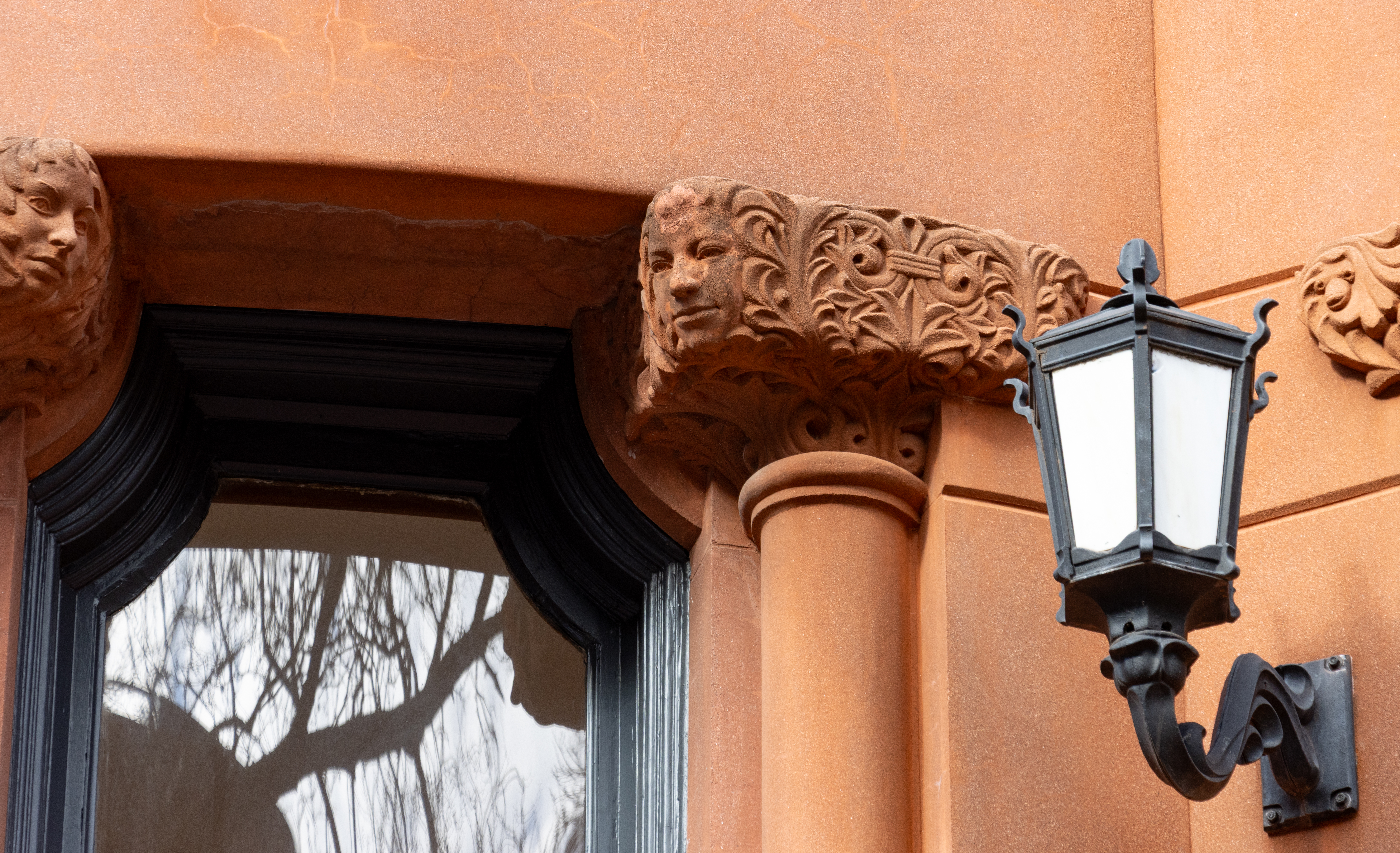Condo Growth Imperils Schools
The Gotham Gazette reports on an unforeseen downside to the condo boom: too many students suddenly flooding a fragile system. “The influx of students threatens to undermine the quality of nearby schools — often the very thing that helped attract young families in the first place,” they write. Schools are overcrowded, and the more attractive…


The Gotham Gazette reports on an unforeseen downside to the condo boom: too many students suddenly flooding a fragile system. “The influx of students threatens to undermine the quality of nearby schools — often the very thing that helped attract young families in the first place,” they write. Schools are overcrowded, and the more attractive an area becomes, the more its land values increase, creating even more of a school-building quagmire. Brooklyn neighborhoods where population growth is expected to exceed school growth include DUMBO, Downtown Brooklyn and Sunset Park. They write, “Some 3,000 new apartments are being planned for an area around one school in DUMBO — PS 287 — but the department has no plans for any new schools in the area, according to the comptroller.”
The Three C’s: Condos, Classrooms and Crowding [Gotham Gazette]
school bus lot. Photo by limonada.





Superslav;
You are incorrect in what you are saying. When a new condo is developed, the city receives increased revenues in three forms:
-at the time of sale, there is a “real property transfer tax”. For property over $500,000 (which involves most NYC condos), the rate is 1.425%. The developer is supposed to pay this tax, but in the overheated NYC market, he usually makes the buyer pay this tax. In other words, this tax is added to the upfront purchase cost.
-there is a “mortgage recording tax” on any mortgage that the buyer takes out, to the effect of 1.75% of the value of the loan in NYC.
-there is the increase in the property tax. The city abates this tax for 15-20 years in certain areas where development is needed. With the recent revision in the law, upscale areas like Park Slope were removed from the list of places that receive this abatement.
The city sees a sizable increase in revenue for every new condo unit that is built. As Polemecist asked: how much is enough? When can we expect to see some tangible results for the money we pay in?
how are developers at fault for failing to pay a non-existent tax?
superslav:
Those communities probably don’t have an income tax that supports the schools. Seriously, this city has the highest tax burden in the country. You think MORE taxes are the solution?
In many major cities, developers are required to pay a development tax that will support the new population the development will bring by building schools and making public spaces.
From what I’ve heard (and of course I can’t back this up with any actual findings—I’ve been looking—it’s just a discussion I was in on with some other parents), New York developers are not required to pay any sort of tax that would fund the development of new schools.
If this is true, the DOE, developers, and city planners are ALL at fault.
well, since you went to school, as you admit far from that era and I have personal family experience, I still disagree.
You wrote “A School becomes excellent because the people who send their kids to that school prepare their children from the earliest age to learn and then continue to value education and demand (from their children) that they dedicate themselves to learning.
At one time NYC public schools were the envy of the world (pre-60’s) -”
You don’t see that you just argued against yourself? How do you think pre-1960’s schools got that way? You already answered your own question.
Their involvement certainly wasn’t as big or as flashy as it is today, but was solidly there.
You’re right my math is way f’ed up. (I went to a NY school in the modern era)
Although the idea that parental involvement was a driving factor in public schools in the 50’s and before is still largely a fantasy.
Sorry about the math
I can tell you didn’t major in math. And since my brother is still very much alive and I remember my mother and other parents even into “my era” being involved in the schools, your denial is simply that. Denial.
FYI You could be in your mid/late 50’s and have been in school pre 1960’s. If you were born in 1952, you would have been in school (at 4 or 5) in 1957, and you would be 56 now. If you were born in 1948, you would have been in public school in the 50’s, and 60 years old now.
How old are you? How’s that memory doing?
BxGrl – if my math is “way off base” then you couldnt possibly have gone to school in the pre-60s era (which is as I suspected) and therefore your anecdote is even less relevant than it otherwise would be.
FYI – only those approximately 67 or older could have gone to school pre-60’s (and even then only for a couple of years)
benson- we spread it out over 2 days so you wouldn’t go into cardiac arrest 🙂
Have a good one too!